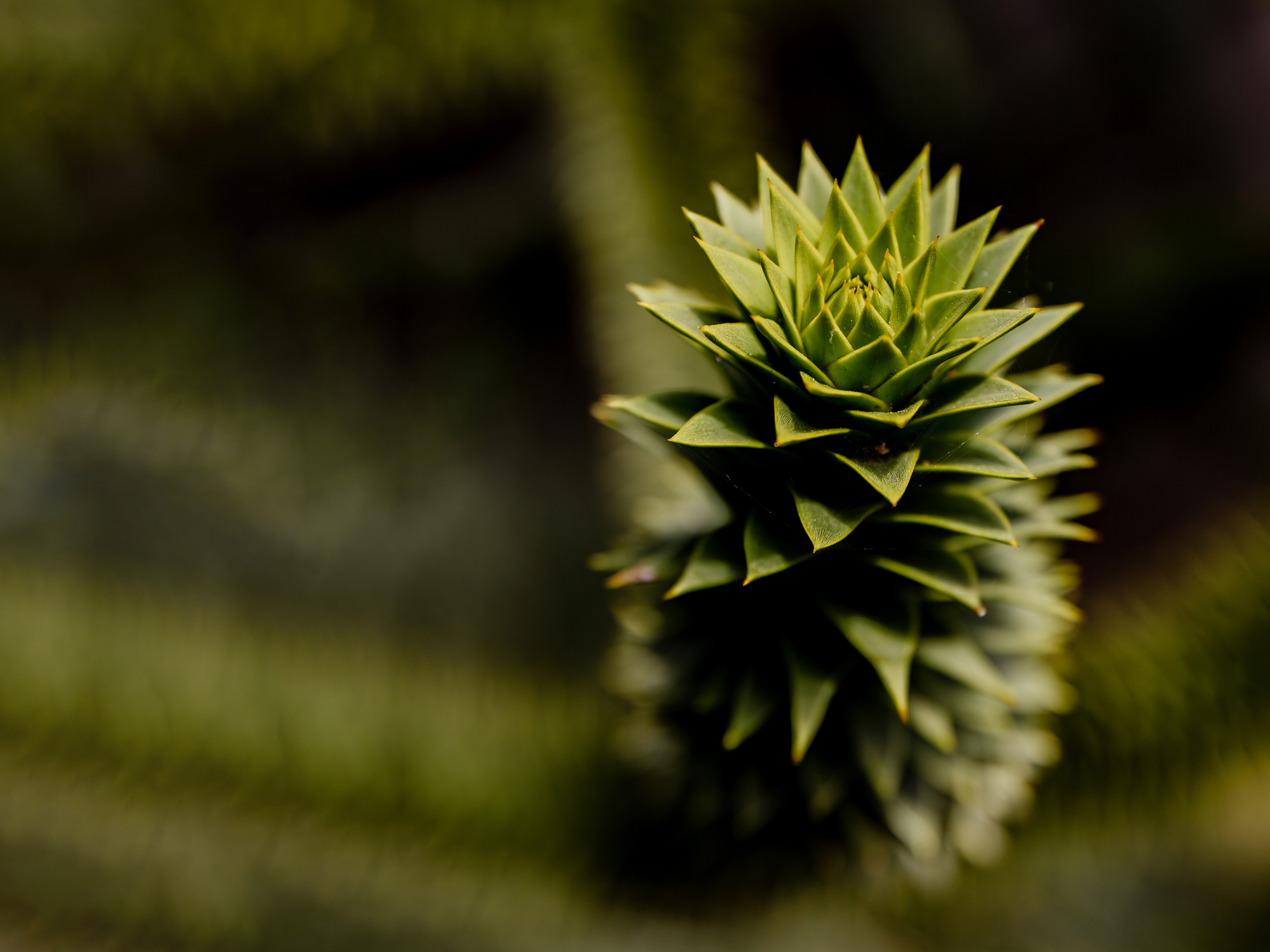Research Departments
World Leader in Science
The Royal Botanic Garden Edinburgh is a global leader in botanical science and an international centre of education. Our knowledge, gained over centuries, has the world turning to us on climate change and biodiversity loss. Watch this short film to see how our work is critically important in addressing the challenges that the world is facing.
| Time | Description |
| [Narrator] The Royal Botanic Garden Edinburgh is a global leader in botanical science and an international centre of education. The knowledge gained here over centuries has the world turning to it on climate change and biodiversity loss. | |
| [Peter Hollingsworth, Director of Science] The Royal Botanic Garden Edinburgh is a beautiful place with a world class collection of plants. Science and conservation are right at the heart of what we do. And this work is critically important for addressing the challenges that the world is facing. | |
| [Narrator] Global food security is one challenge that science here addresses, the garden grows wild crop relatives of the potato, and applies modern sequencing to study specimens of the Solanaceae plant family. By doing so it is protecting crops of global economic value. | |
| [Tiina Särkinen, Biodiversity Scientist] What we provide is an infrastructure of taxonomic knowledge. We understand the wild species. We map them, we characterise them. We describe them and these wild species and their genes, their genetic pathways can then be bred into potato or tomato or eggplants or any other crop across the world. And they are a major source, these wild species for pathogen resistance, such as late blight. | |
| [Peter Baxter, Curator Benmore Botanic Garden] (in conversation) This site now, it's of international significance, one of the reasons why... | |
| [Narrator] Planting on steep hillsides and in Scotland's ideal climate conditions, the Royal Botanic Garden Edinburgh is conserving the Chilean Monkey Puzzle at it's Benmore Botanic Garden | |
| [Peter Baxter] And many years in, we've now got the eight different conifer species growing out of the nine that actually grow in Chile. | |
| [Narrator] This ex situ conservation keeps species of Monkey Puzzle that may be under threat in the wild, safe in Scotland. Should anything catastrophic happen to the iconic forests of Chile | |
| [Martin Gardner, International Conifer Conservation Programme] The important thing about this is the international flavour, that we wouldn't have been able to do this without international collaboration and with excellent partners in Chile. | |
| [Narrator] And to the future of Latin America's dry forest. The rare genus Sabre is found in many countries of the continent, but it's isolation is the focus in Edinburgh. | |
| [Flavia Pezzini, Tropical Botanist] There are 18 species in this genus. There is a small genus of Malvaceae family, a botanical family. And the interesting thing is that these species, they are spread all across from Mexico to Argentina, but in small patches of destroyed forest between the mountains in the Andes. So it's very important that we conserve each one of these patches because they are unique. | |
| [Narrator] And then to the herbarium where the evolutionary history of each of the species will be revealed. | |
| [Flavia Pezzini] Using a little bit of the leaf that I can find here in this little envelope I could sequence and extract the DNA. And it's helping me understand if this is one species, if this is another species or only one species. So this network that the Botanics is leading is helping us provide this bigger picture that is helping the nations to target the conservation of their dry forests. | |
| [Narrator] The Royal Botanic Garden Edinburgh has been a centre of botany for centuries, a unique living collection of the world's plants. The herbarium, a rich history, innovative DNA sequencing in the laboratories, a world leading institute training botanists to play a part in the global development of science. |

